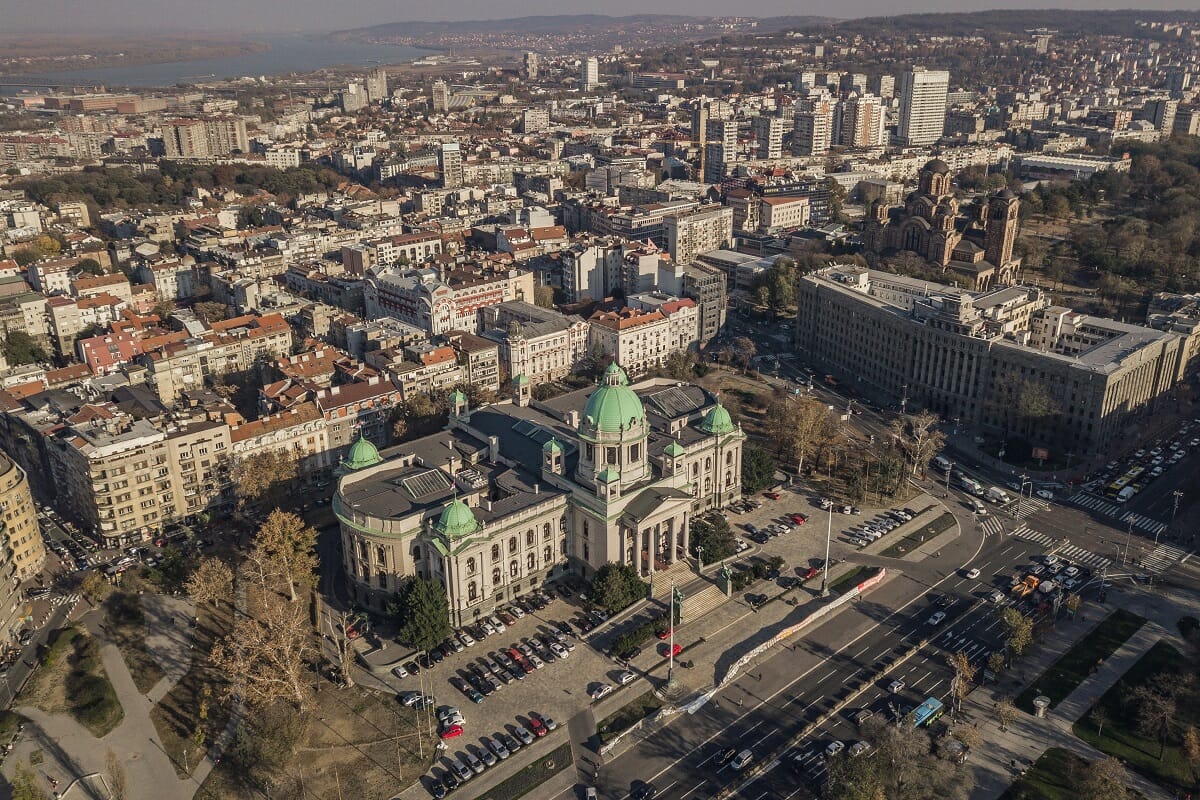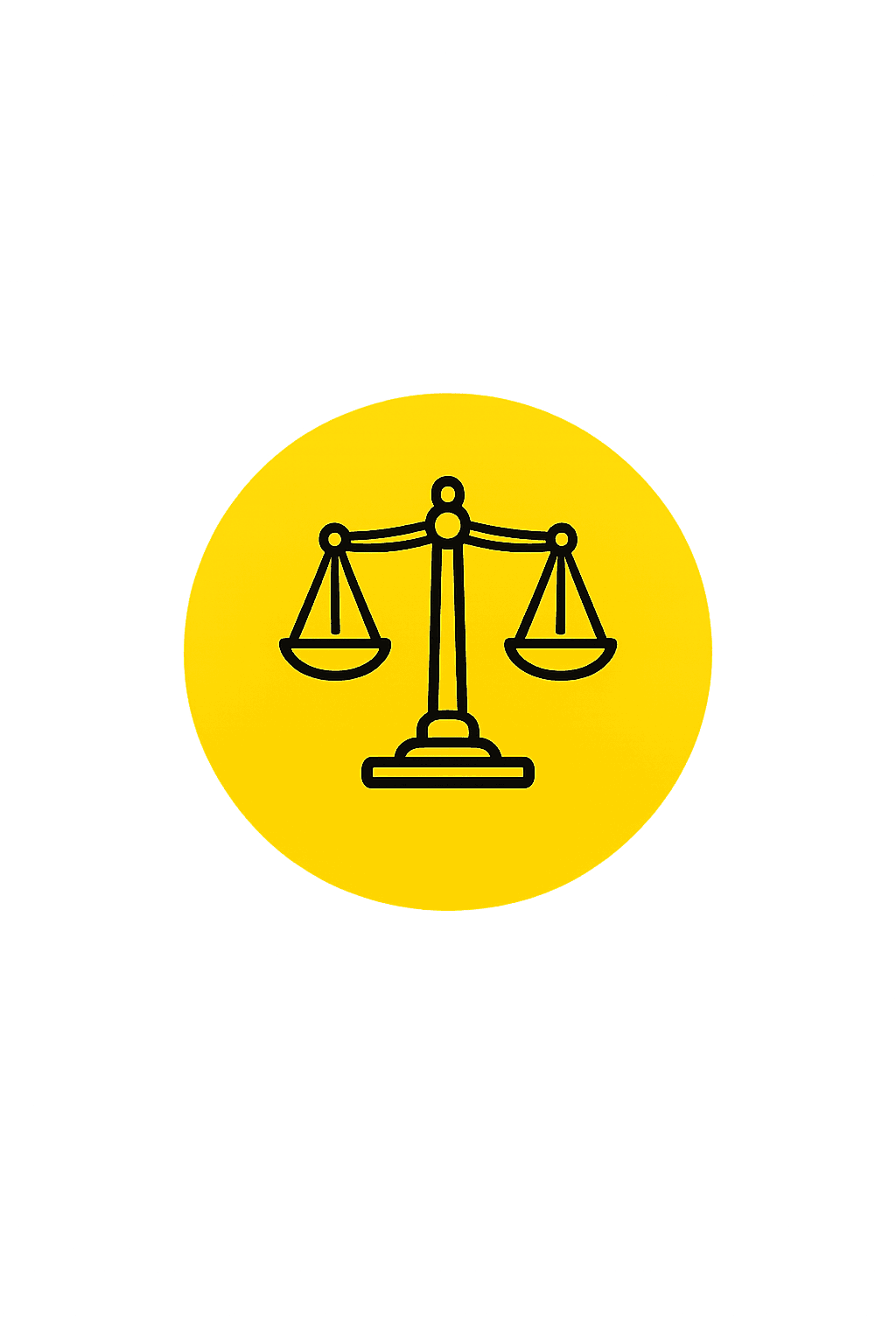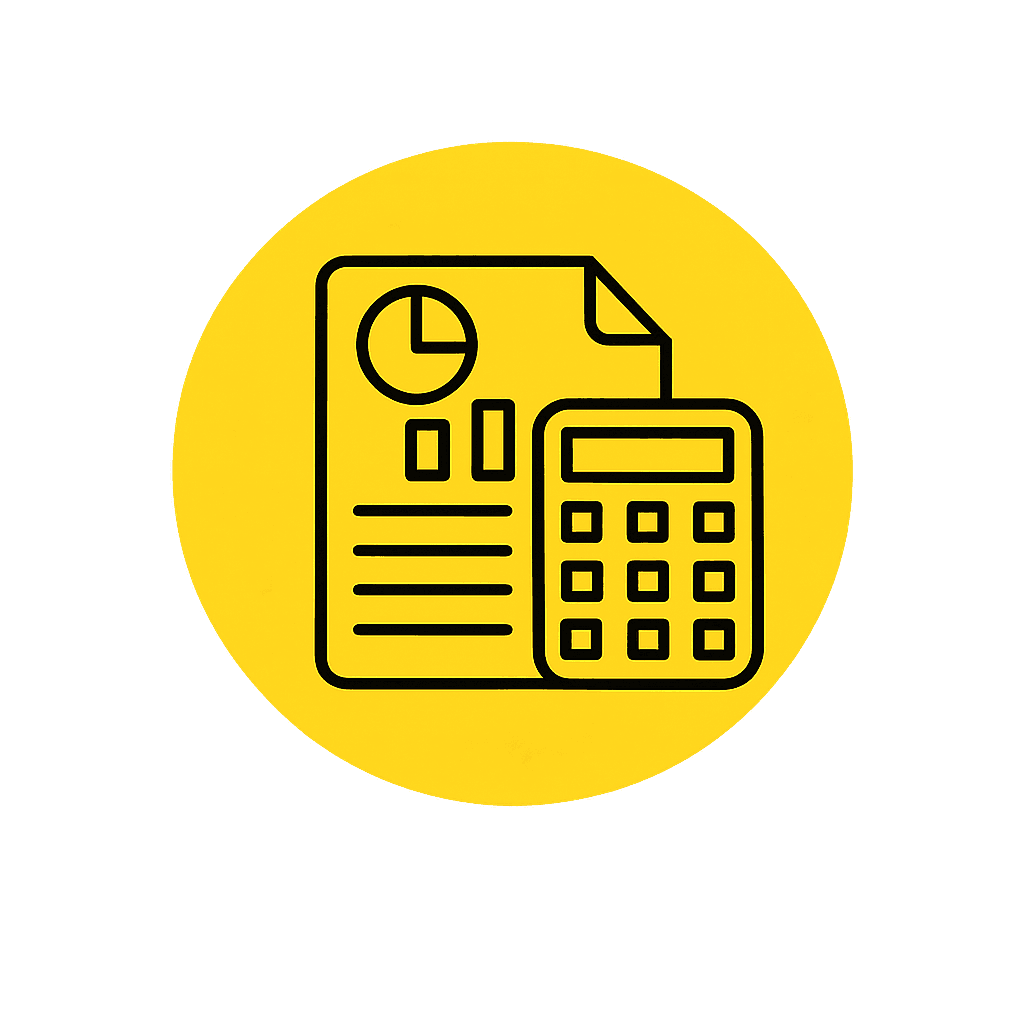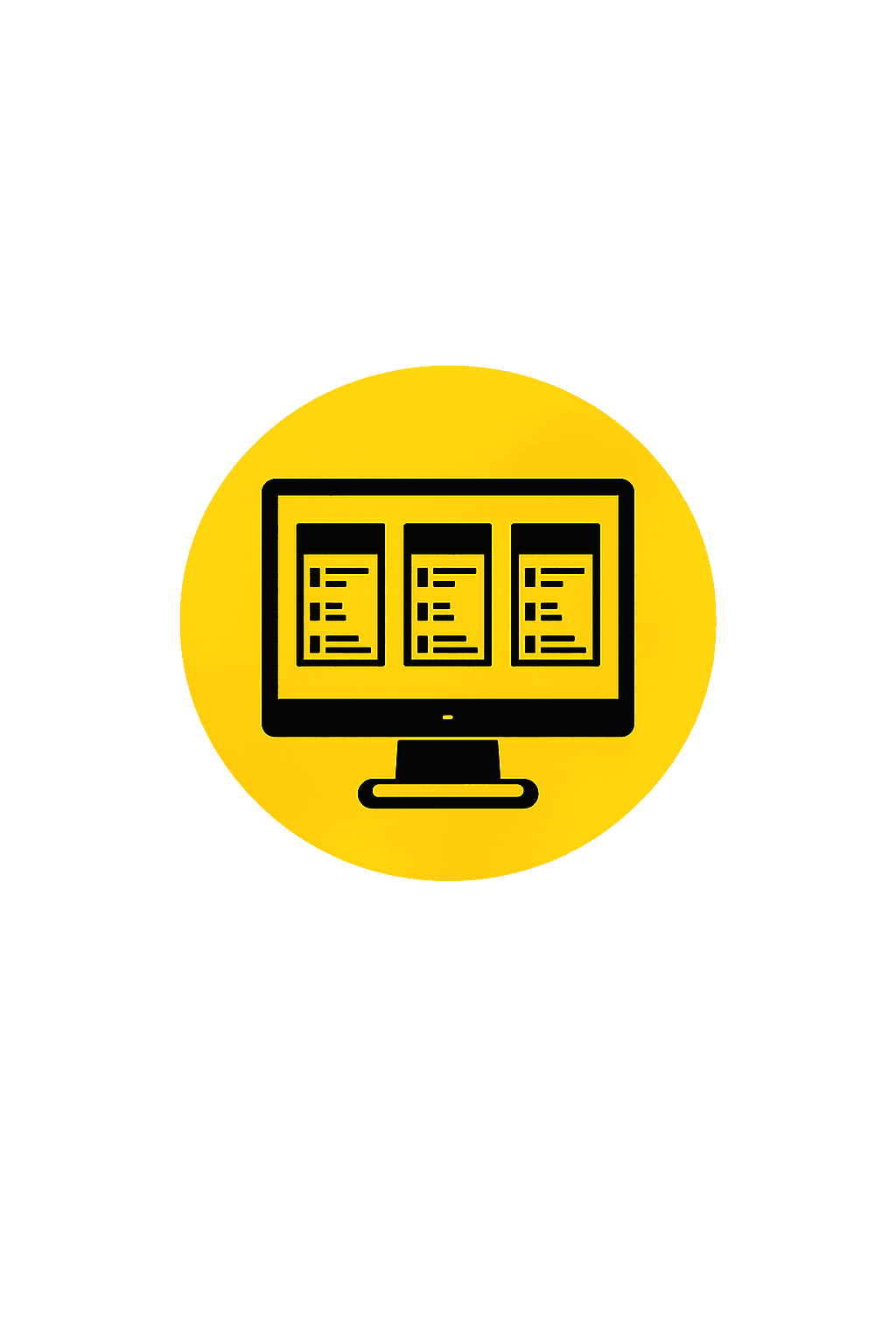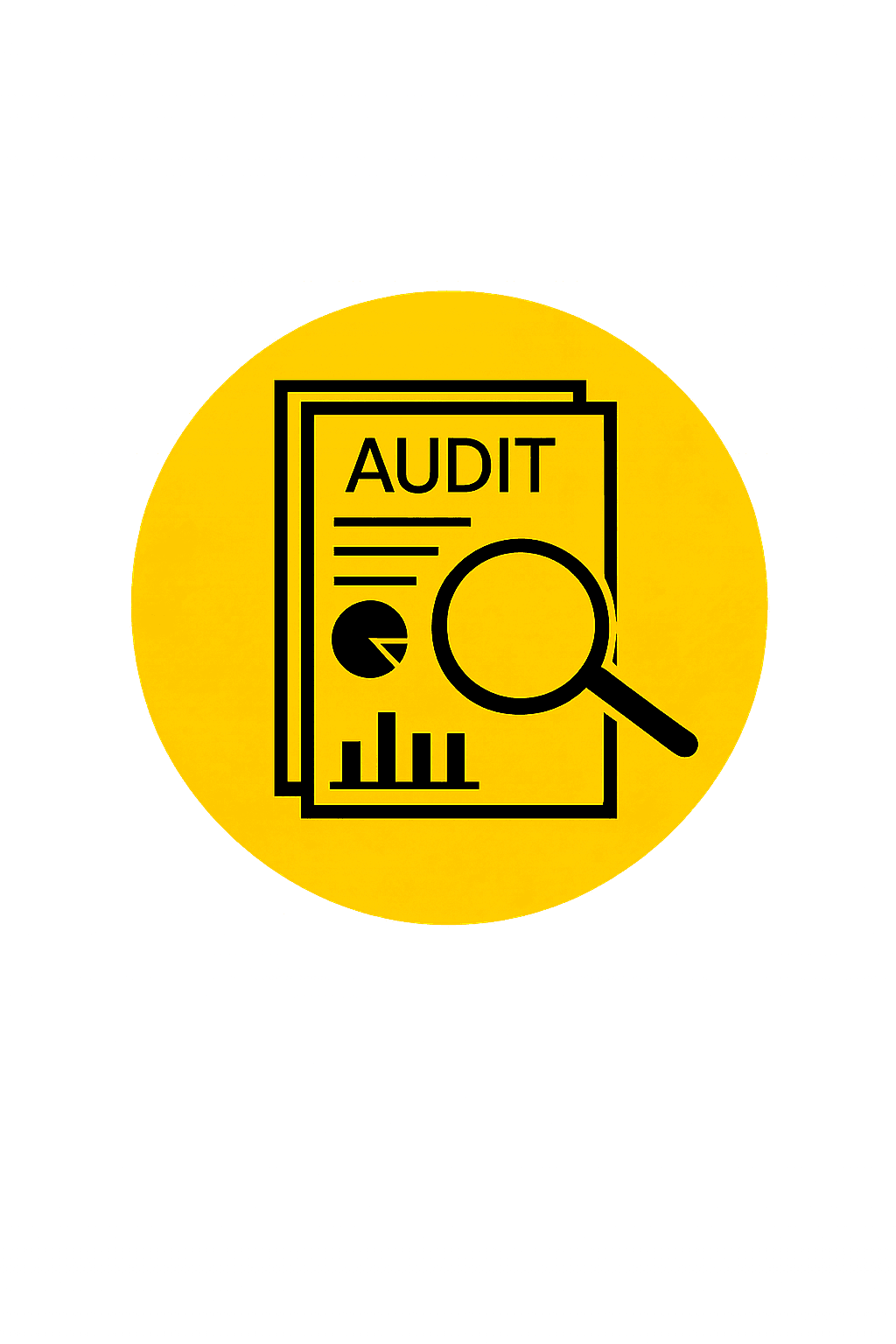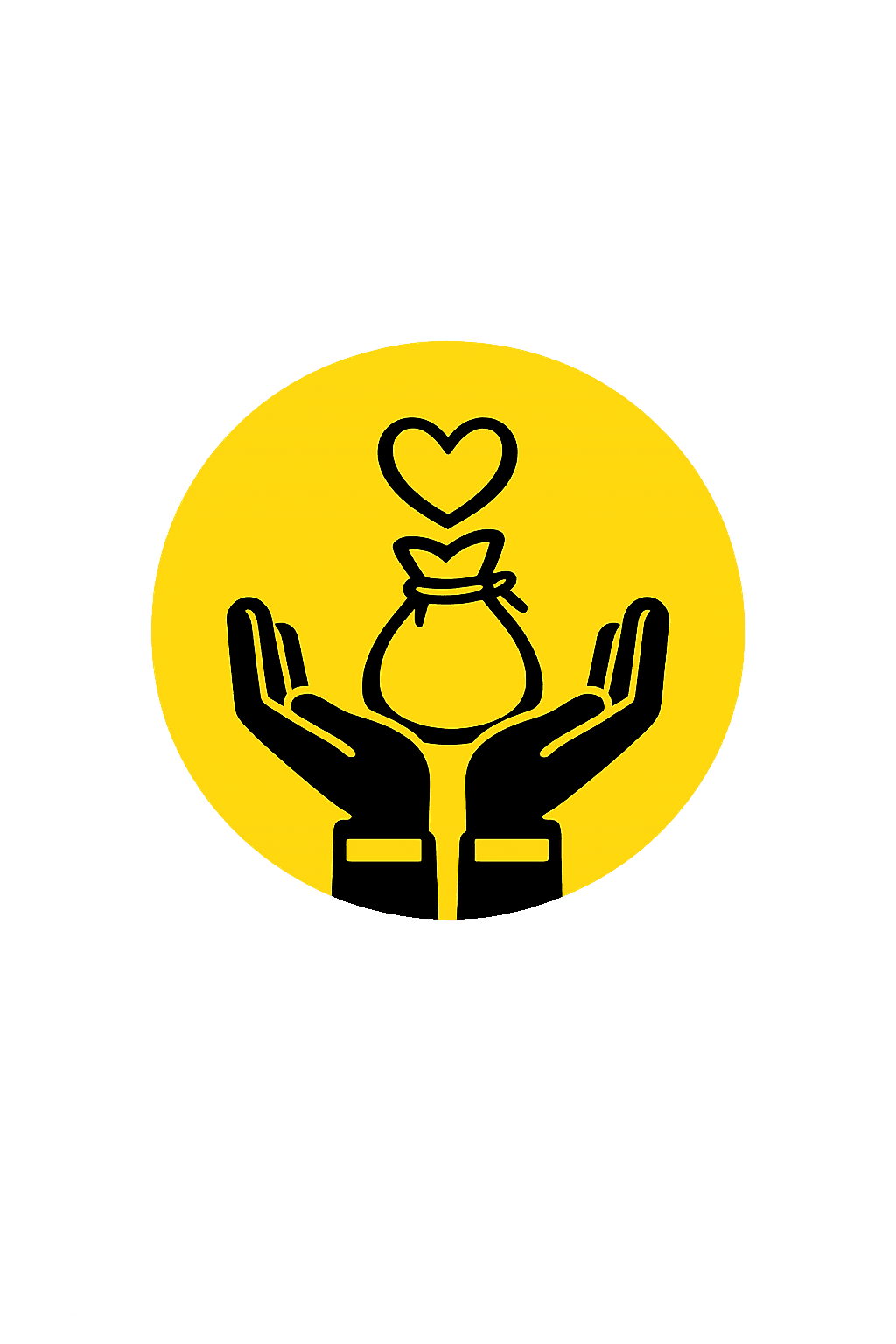Serbia is primarily known for its low real estate prices and quite simple procedure for the transfer of ownership, and in respect of this, the Serbian real estate market is expanding and highly attractive for foreign investors who want to purchase real estate in Serbia.
Serbian citizens can buy property in their home country without any restrictions, and the same goes for foreigners if they fulfill certain requirements. Foreign individuals and legal entities can easily obtain property in Serbia if the said property is necessary for their business. Foreigners can also easily acquire houses and apartments even if they are not conducting business operations.
How to purchase a property in Serbia
According to Serbian laws (the purchase of a property in Serbia, made under the provisions stipulated by the Property Law Relations of 1996), there are two conditions under which foreign individuals and legal entities can purchase a property in Serbia:
- buying real property for the purpose of business activity
- reciprocity.
What is reciprocity?
Reciprocity signifies the right of foreign individuals and legal entities to buy real estate in the Republic of Serbia under the same circumstances which are required by the citizens of the Republic of Serbia when buying real estate in their country. The reciprocity can be diplomatic or factual.
- Diplomatic reciprocity implies Serbia and the other country have concluded a bilateral agreement governing the issue of acquiring real estate by foreigners.
- Factual reciprocity implies that the law of the country in question enables citizens of the Republic of Serbia to acquire real estate under the same circumstances as citizens of that country are allowed to acquire real estate in Serbia.
It is essential to obtain a legal opinion from the Ministry of Justice of Serbia on reciprocity.
The process involved in buying a property in Serbia
- Perform due diligence and decide on the property
The initial thing to do is to check whether citizens of your country are authorized to gain ownership over property in the Republic of Serbia and under which conditions. To do this, you must check whether there is a finished bilateral agreement between the Republic of Serbia and your country that governs the issue of obtaining the property of a national of that country in another country. Your Damalion expert can help in this aspect.
Next is finding the property to buy and after finding the property suitable for you, it is necessary to perform legal due diligence on the property. You should check whether there is an encumbrance or mortgage associated to the real estate. Your Damalion expert can also assist in this area.
- Drafting a real estate sale and purchase agreement
After performing due diligence on the property in the matter, a real estate lawyer who works in the field of real estate law is required for the drafting of a real estate sale and purchase agreement. Once the applicable parties agree on the price, method of payment, and the deadline for the transfer of the property into possession, the lawyer will be the one who will put the seller’s and buyer’s wishes on paper.
- Solemnization before the Notary Public
After the parties have consented to all terms, it is essential to schedule the notarization-solemnization of the sale and purchase agreement, before the Notary Public.
The Notary Public will inform the parties about their rights and responsibilities related to the agreement. The public notary must have jurisdiction on the area where the property is situated. The seller and the buyer will be present before the public notary and sign the purchase agreement.
After the solemnization of the purchase agreement before the public notary, the seller must submit a tax application for paying stamp duty (property transfer tax).
- Payment and transfer of the property
Next, the buyer will pay the agreed purchase price, and the seller will transfer the property on the real estate into the possession of the buyer.
- Final procedure before the Real Estate Cadaster
After the solemnization of the Purchase Agreement and receiving the permission for registering the ownership of the real estate (clausula intabulandi) from the seller, Notary Public will send the Purchase Agreement and other necessary documents to the Real Estate Cadaster to register the ownership of the Real Estate (this does not require any activity from the seller or the buyer).
The Cadastral register of the Republic of Serbia will decide within 15 days starting on the day of submitting the application. If the application was approved by the Cadastral register of the Republic of Serbia, the buyer will now officially become the owner of the property.
The costs on the buyer’s side for buying real estate property in Serbia
The cost of buying a property in Serbia will depend on the value of the property itself. But in addition to the purchase price and the simultaneous bank transfer fees, the extra expenses that the buyer needs to bear in mind when it comes to the actual transfer of ownership are the absolute rights transfer tax, attorney’s fees, and the fee for notarization-solemnization of the Real Estate Sale and Purchase Agreement before the Notary Public.
What’s more, you don’t have to be present in Serbia to buy a real estate property, this can be done with the help of your Damalion expert.
Contact your Damalion expert now if you plan on buying a property in Serbia.
How can foreigners buy real estate property in Serbia — rules, documents, taxes, due diligence, and clean registration with the Real Estate Cadastre.
For private buyers, entrepreneurs, family offices, holding companies, and international investors • Damalion helps you scope the file, prepare documents, and coordinate providers. Acceptance and timing remain at the authorities’ and counterparties’ discretion.
Last updated:Key points at a glance
- Foreigners may buy apartments, houses, and commercial units if legal conditions are met (including reciprocity). Agricultural land is generally restricted.
- Contracts are written and certified by a notary public. Registration with the Real Estate Cadastre finalizes ownership.
- For resales, a property transfer tax usually applies. For new builds from a developer, VAT may apply instead of transfer tax.
- Clear funds, clear title, and accurate seller identity reduce the risk of delays.
Documents usually required
- Valid passport/ID and current proof of address.
- Tax residency details (TIN). Disclose US indicia where relevant.
- Proof of funds and banking trail. If using a loan, provide the loan agreement.
- For companies: certificate of incorporation, articles, good standing/registry extract, UBO chart, signatory powers.
- Real estate details: title extract, encumbrance/mortgage statement, cadastral data, technical info.
- Purchase agreement for notarization and later registration.
- Certified translations/apostilles if requested.
What foreigners can typically buy
| Asset | Typical position | Notes |
|---|---|---|
| Apartments / houses | Generally permitted | Subject to reciprocity and clean title. |
| Commercial units / offices | Generally permitted | Check zoning and intended use. |
| Land (urban plots) | Case-by-case | Pay attention to planning and rights of use. |
| Agricultural land | Restricted | Special rules. Seek legal advice before commitment. |
From offer to registered ownership
- Check reciprocity and buyer eligibility for your nationality.
- Do legal due diligence: title, encumbrances, seller identity, building permits.
- Agree terms and draft the sale and purchase agreement.
- Notary certification (solemnization) in the property’s local jurisdiction.
- Pay price and taxes/fees as applicable.
- Register ownership with the Real Estate Cadastre (final step).
Taxes and fees
- Property transfer tax for resales (rate set by law).
- VAT may apply on the first transfer of new units (rate depends on asset type).
- Notary and registration fees, legal fees, translation costs.
- Local annual property tax after acquisition.
Frequently asked legal questions
1) Can a foreign individual buy an apartment in Serbia?
2) What is the reciprocity rule?
3) Can foreigners buy agricultural land?
4) Is notarization mandatory?
5) When do I become the legal owner?
6) Who files documents with the Cadastre?
7) What taxes apply to a resale purchase?
8) What taxes apply to a new unit from a developer?
9) Who pays the transfer tax?
10) Are company buyers treated differently?
11) How long does Cadastre registration take?
12) What due diligence is essential?
13) Do I need to be in Serbia to complete the purchase?
14) How are funds tracked?
15) What if the seller has debts or a mortgage?
16) Are inheritance and gifts allowed to foreigners?
17) What translations or apostilles are required?
18) Is title insurance used?
19) How are disputes handled?
20) What ongoing taxes exist after purchase?
Related reading
10 Best Things to Do in Belgrade, Serbia in 24 Hours
Maximize a tight schedule with central, easy-to-reach highlights clustered around Stari Grad and Vračar.
- Belgrade Fortress (Kalemegdan) – citadel + rivers panorama. Jump to map
- Nikola Tesla Museum – original archives and demonstrations.
- Temple of Saint Sava – monumental Orthodox church with mosaics.
- Knez Mihailova Street – pedestrian artery linking Republic Square to the fortress.
- Skadarlija – bohemian quarter, cobblestones and kafanas.
- Museum of Yugoslavia – 20th-century history complex (includes House of Flowers).
- Zemun & Gardoš Tower – Danube vistas, riverside promenade.
- Ada Ciganlija – lake island for walking, cycling, and cafés.
- Avala Tower – observation deck over Belgrade and Šumadija hills.
- Belgrade Waterfront Promenade – evening stroll along the Sava with restaurants and views.

